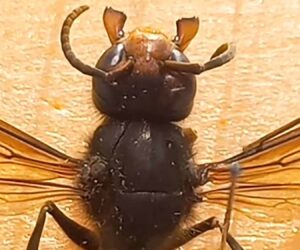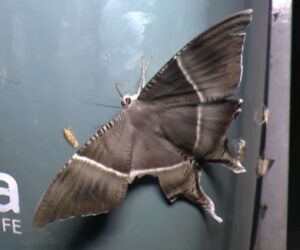
Illustrative image of a moth, undated. Researchers at the University of Sussex in Falmer, East Sussex, examined the activity of moths at 10 sites in south-eastern England in July 2021 to compare their efforts with daytime pollinators. (NewsX/Bee)
Bramble Appeal As Study Identifies Moths As Efficient Pollinators

Picture shows Dan Norris, undated. He said the 'Bee Bold' Awards would return this year following the great reception they had received in 2022. (NewsX/Bee)
UK Region To Honour Bee Projects
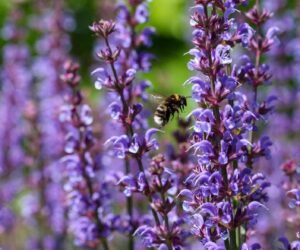
Picture shows s bumblebee on wild clary, undated. Scientists in England have created an online platform in a bid to help the public to protect pollinators and ensure balanced ecosystems. (Marta Rossi, NewsX/Bee)
Scientists Present Pollinator-Plant Database
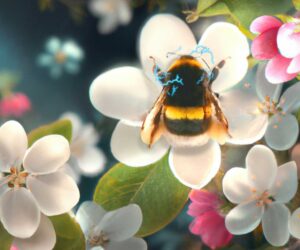
Picture shows artist’s impression of bumblebee interacting with flower, undated. Pollinators are less likely to land on flowers treated with pesticides as they are capable of sensing electric field alterations around the plant, according to a study by scientists in England. (Benjamin and Joseph Tiso, NewsX/Bee)
Pesticides Reduce Pollination As Bees Sense Electric Field Changes
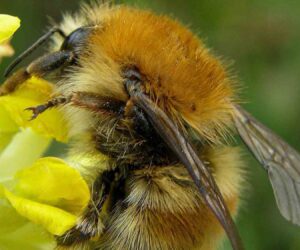
Picture shows a Brown-banded Carder Bee (Bombus Humilis) Queen, undated. The habitat of the brown-banded carder bee (Bombus humilis) has declined immensely over the years. (Steven Falk, NewsX/Bee)

